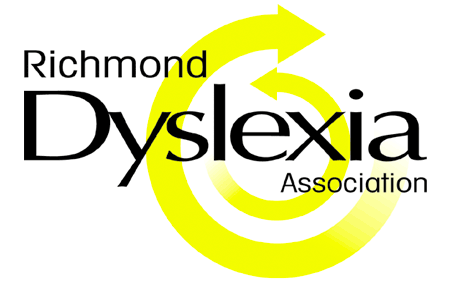ABOUT DYSLEXIA
Dyslexia is a specific learning difficulty which mainly affects the development of literacy and language related skills. It is likely to be present at birth and to be lifelong in its effects. It is characterised by difficulties with phonological processing, rapid naming, working memory, processing speed, and the automatic development of skills that may not match up to an individual’s other cognitive abilities. It tends to be resistant to conventional teaching methods, but its effects can be mitigated by appropriately specific intervention, including the application of information technology and supportive counselling.
Some facts about dyslexia
Dyslexia varies in severity and often occurs alongside other specific learning difficulties, such as dyspraxia or ADHD.
Britain has two million severely dyslexic people, roughly 4% of the population, including some 375,000 school children. A further three million people have mild to moderate forms of dyslexia.
Dyslexia is not related to race or social background and it occurs across the ability spectrum, although it may be more easily detected in those of above average intelligence.
Dyslexia tends to run in families, with three times as many boys as girls affected.
Dyslexia is not the result of emotional problems.
Dyslexia cannot be cured but early intervention with the appropriate teaching strategies and technological support, can prevent the huge personal, social and economic costs of later difficulties.
English
DYSLEXIA AND ENGLISH
Do you have a child who:
Is a slow or reluctant reader?
Talks well but writes surprisingly little?
Has difficulties with spelling?
Has difficulties with writing?
Cannot always remember or understand what he/she has just read?
Seems inattentive and unable to concentrate or remember instructions?
Has difficulty organising himself/herself?
Finds it hard to remember the order of things, such as the days of the week?
Has difficulty copying from the blackboard?
Feels discouraged and at times causes trouble?
Many children display some of these traits, dyslexic children tend to display a large number of them.
If you think your child could be dyslexic and you are concerned, the Richmond Dyslexia Association may be able to help.
Please contact us on: info@richmonddyslexia.org.uk
Maths
DYSLEXIA AND MATHS
Do you have a child who:
Cannot say and use number names in order?
Has difficulties with reading and writing numbers?
Does not remember the language associated with mathematical signs and symbols?
Has difficulty estimating numbers and totals?
Has difficulty with recognising and using number patterns and sequences?
Cannot quickly recall addition and subtraction facts?
Cannot quickly recall multiplication and division facts?
Has difficulty with understanding place value?
Needs help to select the correct method to solve a mathematical problem?
Has problems with remembering the sequences of the days of the week and months of the year?
Finds it hard to read the time from a clock face?
Panics at the word ‘mathematics’?
Many children display some of these traits, dyslexic children tend to display a large number of them.
If you think your child could be dyslexic and you are concerned, the Richmond Dyslexia Association may be able to help.
Please contact us on: info@richmonddyslexia.org.uk
Helpline: 020 241 1111

